Published in the National Association of Social Workers California newsletter (February 2013)
No Way Out: California needs to expand Money Follows the Person and allow low income residents to live in the care setting of their choice.
By Jason Bloome
For many social workers and other care professionals it is a daily task: find care housing for elderly patients on medi-cal who need 24-hour assistance but who no longer can return safely home.
Options for low income patients in California who require 24-hour care is usually limited to medi-cal reimbursed skilled nursing facilities (SNFs). While SNFs are ideal for patients with skilled nursing needs (e.g. require help with wound care, g-tubes, i.v’s, tracheostomies, etc.) many seniors with only custodial care needs (help with dressing, bathing, incontinence, help out of bed, etc.) would prefer to receive their care in smaller home-like settings, also called Residential Care Homes for the Elderly (RCFEs).
RCFEs are less institutional than SNFs and have high staff to resident ratios (usually 2 staff to 4-6 residents). Unfortunately, despite a federal law to the contrary, most low income seniors are denied this option in California.
In 1999, the United States Supreme Court past the Olmstead decision which mandates states provide community based options for persons with disabilities at risk of institutionalization. States implement Olmstead by using a combination of medicaid waivers to pay for assisted living settings.
In many progressive states the use of assisted living waivers is standard practice and covers thousands of participants: e.g. (states/waiver): Florida (15,000) , Texas (2,400), Illinois (5,201), Georgia (2,705), Oregon (6,181), Maine (8,795), Colorado (4,007), Arizona (4,989), and Washington (5,682).
In California, the number of assisted living waiver slots is only 1,400. The state currently has one program, the California Assisted Living Waiver (ALW), which allows medicaid (called medi-cal in California) to pay for care in subsidized housing and assisted living settings. The wait list for an ALW slot is 8-12 months.
One component of ALW is nursing home transition (also called Money Follows the Person or MFP) which allows eligible SNF patients to transfer with their medi-cal dollars to community based care settings. MFP is the engine that drives Olmstead since medi-cal cost savings associated with moving patients to more affordable community based settings is used to fund portions of Olmstead which require new expenditures (e.g. aging in place for current RCFE residents who run out of money).
Of the estimated 300,000 SNF patients in California, 66% are on medi-cal. California’s medi-cal payments to SNFs exceed $4 billion annually. According to ALW representatives, each MFP patient saves the state approximately $100/day or approximately $40,000 annually. Even if a small percentage of SNF residents chose to participate with MFP it would pay big dividends: for each 1% of the current medi-cal SNF population that shifts to community based settings the state saves $79 million annually.
The state does not have data on how many SNF medi-cal patients could participate with MFP but anecdotal data suggests many SNF patients would be eligible.
The independent California Little Hoover Commission estimated at least 30% of current SNF patients have only custodial care needs and do not require care by a nurse but most care professionals believe the percentage is much higher.
The California Pathways/Money Follows the Person study found in the four SNFs that participated in Los Angeles two hundred and fifty seven residents met the inclusion criteria and that, in two of the participating SNFs, a large percentage of patients (25% and 56%, respectively), expressed a strong preference for transition. Given the choice, tens of thousands of seniors currently stranded in California’s 1,200 SNFs might like to live in community based settings as well.
When disability right groups mobilized for young developmentally disabled adults they achieved passage of an adult residential medi-cal waiver which in 2010 had a cap of more than 90,000 participants.
Our frail seniors deserve their champions as well. With advocacy by social workers, discharge planners and other senior care professionals we should be able to achieve similar results. <>
Jason Bloome is owner of Carehomefinders, a placement service for care housing. For more about us see: www.carehomefinders.com or call 800-330-5993.
